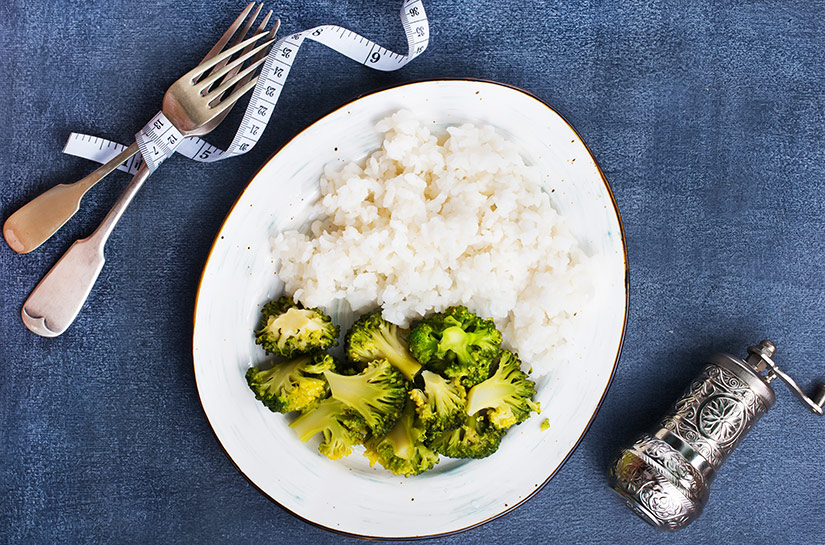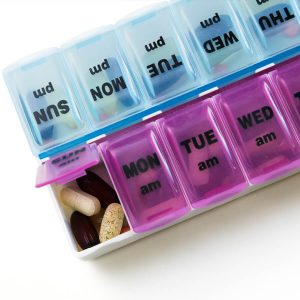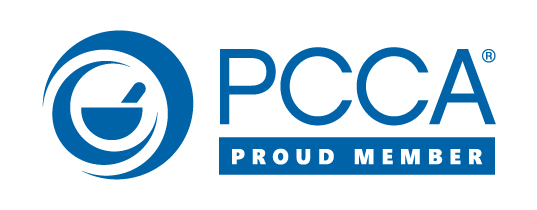Living with an ostomy isn’t as hard as you think when you have the proper knowledge and education. After getting set up with suitable ostomy products and learning how to care for your ostomy, you’ll need to start following a nutritional diet. Here are some diet tips to keep in mind if you’re living with an ostomy.
Eating Guidelines During Post-Op
Regardless of the type of ostomy surgery you’ve had, your diet during the post-op period will begin with liquids only. Over time, you’ll gradually transition to solids.
For four to six weeks after surgery, you should follow a low-fibre/low-residue diet which will help to reset your gastrointestinal tract. These foods are easier to eat, produce less gas, and help with diarrhea, abdominal cramping, and bowel construction. Try to incorporate a balanced diet with a variety of proteins, fruits, vegetables, and grains. Suggestions include:
- Proteins: Lean meats, meat substitutes, poultry, fish, low-fat dairy (milk, cheese, yogurt), eggs, and smooth nut or seed butters. Avoid nuts and seeds, beans and lentils, and fatty, tough meats.
- Low-fibre Grains: White breads, crackers, cooked and cold cereals, white rice, and white pasta. Avoid nutty, whole-wheat, and whole-grain bread, brown or wild rice, and popcorn.
- Fruits and Vegetables: Cooked or canned fruit, bananas, applesauce, tender vegetables, and mashed or pureed vegetables. Avoid canned pineapple, prunes, dried fruit, raw vegetables, sweet potatoes, and vegetables with seeds.
- Milk and Dairy: Low-fat ice cream, milk and yogurt, and pudding. Avoid full-fat milk and cheese, yogurt with whole fruit, and cheese or alfredo sauce.
Consume your diet during small meals throughout your day rather than two to three large meals, and maintain a regular schedule for meals and snacks. Since digestion starts in your mouth, remember to chew thoroughly and take small bites.
Following this initial period, you can eventually re-introduce fibre-rich foods and return to your regular diet – as per your doctor’s guidance.
Drinking Guidelines During Post-Op
After surgery, the last thing you want to do is be readmitted to the hospital. That’s why staying hydrated is a must during the post-op period. Try to consume eight to ten, eight-ounce glasses of fluid per day. Recommended fluids include water, soups and broths, gelatin, vegetable juice, and diluted fruit juice. Avoid using straws because of their risk of producing gas.
If you start experiencing any signs of dehydration, contact your doctor. These signs include dark urine, passing urine less frequently than usual, headache, general weakness, and feeling thirsty.
The Importance of Proper Nutrition
Eating a healthy diet is always important for your overall health, especially if you’re living with an ostomy.
Consuming the right foods and drinks will help maintain your weight, promote healing of the wound and surgical incision, prevent dehydration, and prevent a stoma blockage.
For additional advice on living with an ostomy, reach out to our qualified healthcare team or register for our Annual Ostomy Event on October 16.











